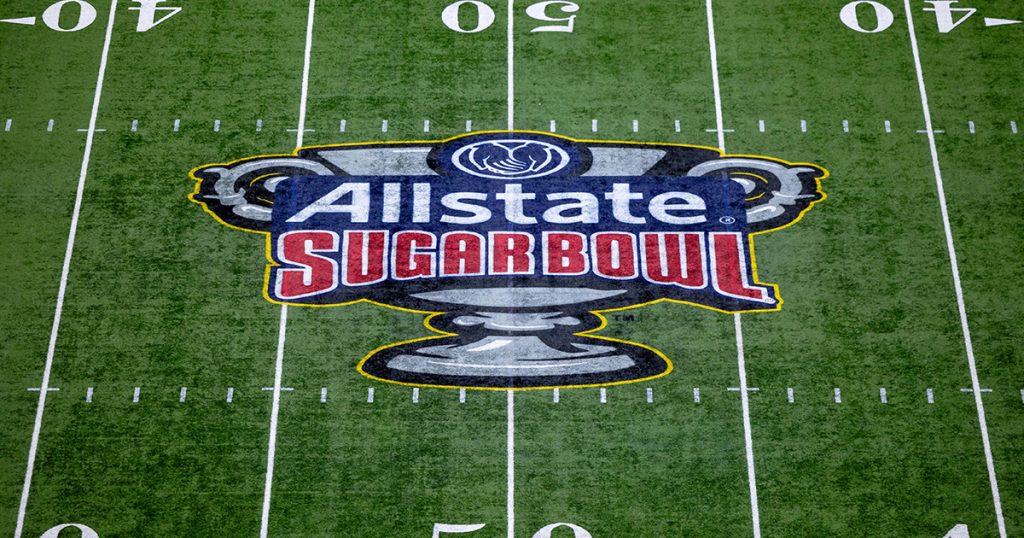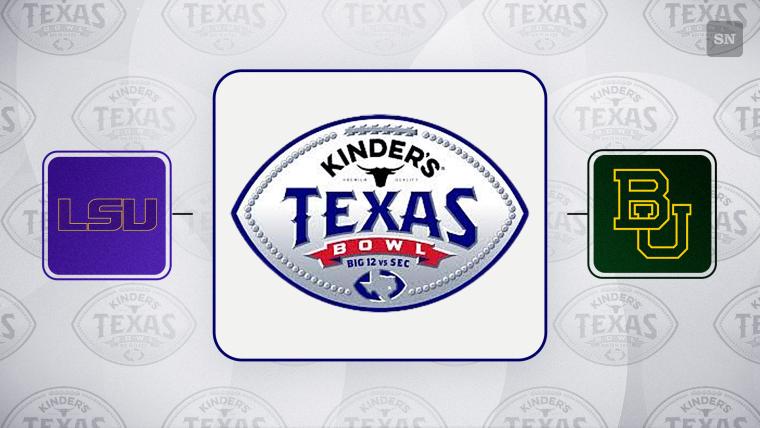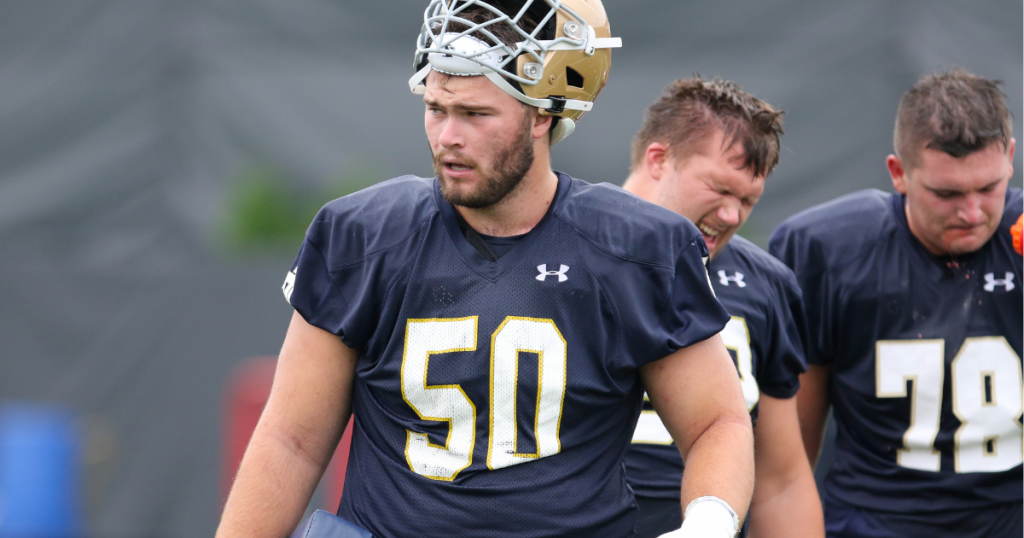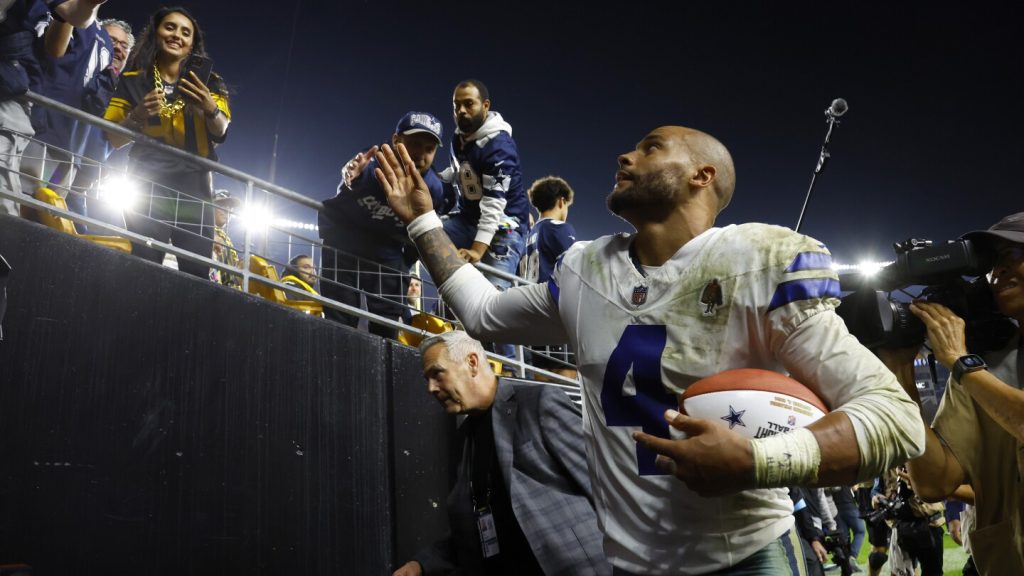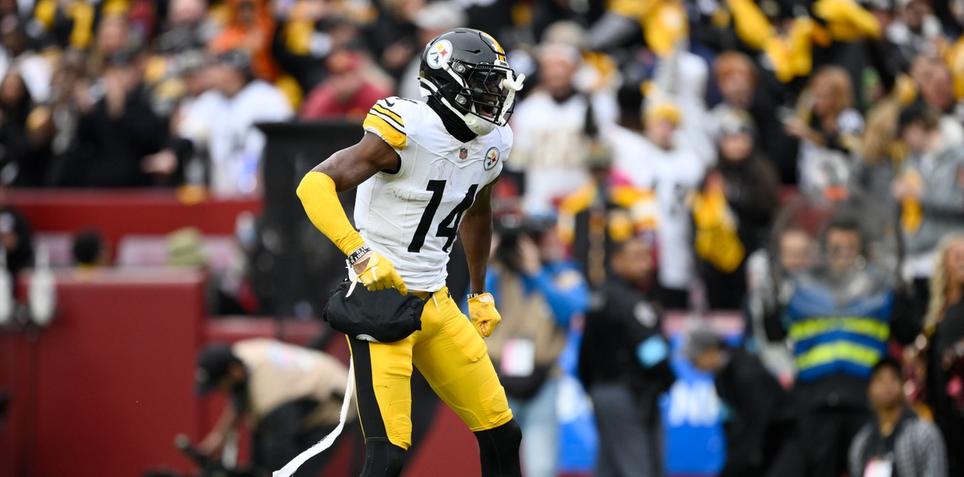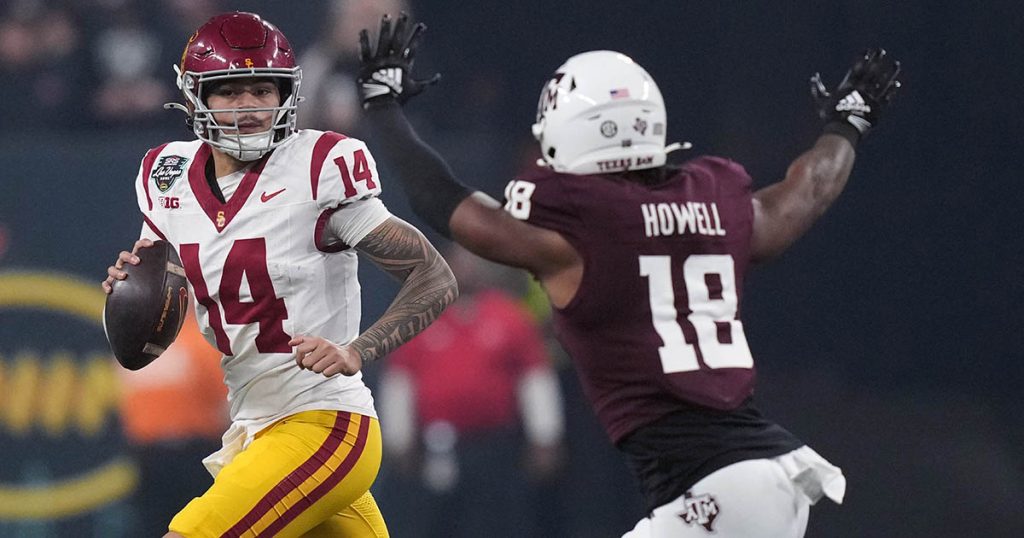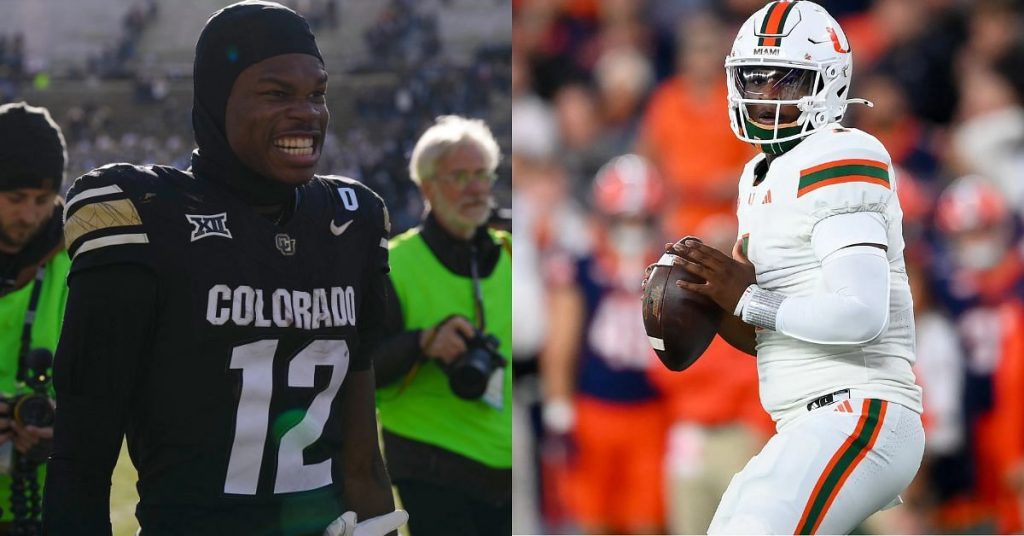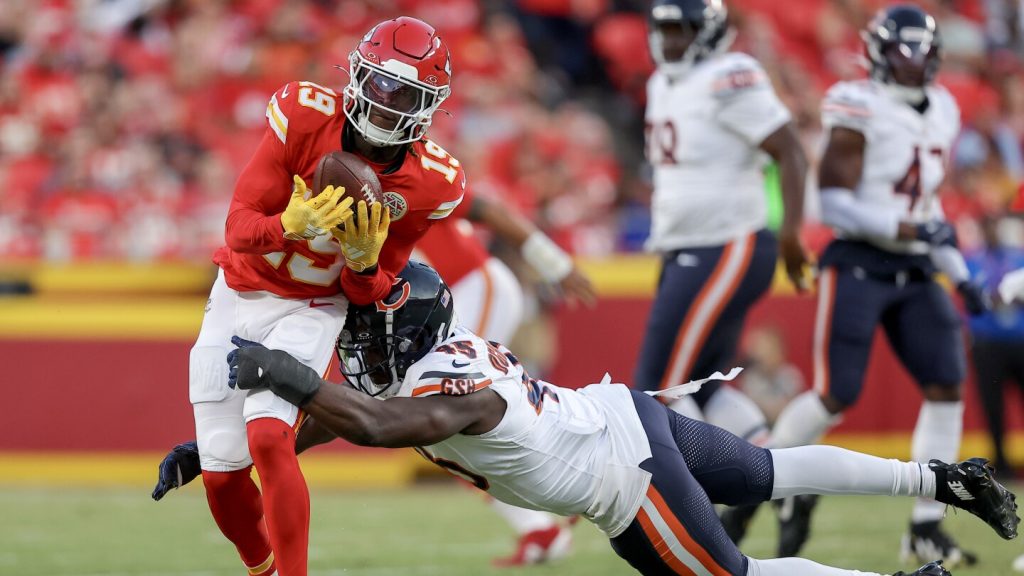When Notre Dame and Georgia settled in for a night of anticipation on New Year’s Eve, the excitement was palpable. They were gearing up for an epic showdown in the Sugar Bowl on Wednesday. However, an overnight terrorist attack in New Orleans forced a change in plans, pushing the game back by a day. Yet, the Louisiana attorney general has raised concerns that perhaps even more time should be taken before the teams hit the field.
Safety Concerns Surrounding the Sugar Bowl
The tragic incident that unfolded in New Orleans claimed the lives of 15 individuals, casting a shadow over the festivities. According to reports, the attack occurred shortly after 3 a.m. local time on New Year’s Day when a man drove a pickup truck into a crowd before opening fire on law enforcement. The suspect was killed at the scene, and authorities discovered an ISIS flag in the vehicle, heightening fears and uncertainty in the community.
In light of these events, Louisiana Attorney General Liz Murrill expressed her reservations about moving the Sugar Bowl to Thursday. During an appearance on NBC Nightly News, she highlighted the significant police presence in the area and the ongoing investigation. “I think it was a wise decision to delay it at least a day,” Murrill stated. “This is an active crime scene, and they just finished removing some of the bodies. They still haven’t removed all of them. I still think that we probably need to wait an extra day.”
Community Safety and Law Enforcement Presence
Despite her concerns, Murrill reassured viewers that the community is safe. “There’s a huge law enforcement presence here in New Orleans. I believe that everyone is safe, and the governor plans to attend the football game,” she noted. The presence of Louisiana Governor Jeff Landry at the event underscores the importance of community support during this difficult time.
The decision to postpone the game was not made lightly. With both teams already in town and the excitement building, the safety of players, staff, and fans was paramount. The incident led to a shelter-in-place order at the hotels housing the Georgia and Notre Dame teams, highlighting the seriousness of the situation.
Game Rescheduled for Thursday
As officials assessed the situation, they conducted a thorough security sweep of the Caesars Superdome, the venue for the Sugar Bowl, which is located near the site of the attack. Ultimately, it was announced that the game would be rescheduled for Thursday at 4 p.m. ET, airing on ESPN. While this decision allows fans to enjoy the game, it has also sparked discussions about the timing and safety of such events in the wake of tragedy.
Murrill, who was not consulted before the decision to move the game was made, suggested that a Friday game would have been a more prudent option. “Not my decision, but I would like to see it delayed at least another day,” she reiterated. “If they asked my opinion, I would tell them that.”
The Impact of the Attack on College Football
The events of New Year’s Day serve as a stark reminder of the vulnerabilities that can arise even in celebratory settings. College football is not just a game; it’s a gathering of communities, families, and fans who come together to share in the excitement of competition. The Sugar Bowl, a highlight of the college football calendar, is meant to be a showcase of talent and sportsmanship. However, the shadow of violence can disrupt that spirit.
As fans prepare to rally behind their teams, the emotional weight of the tragedy lingers. How do we balance the joy of sport with the realities of safety? The answer lies in vigilance and community support. The resilience of the New Orleans community, coupled with a robust law enforcement presence, is crucial in ensuring that such events can continue in a safe environment.
Looking Ahead
As the Sugar Bowl approaches, anticipation will undoubtedly build. Fans will gather, players will take the field, and the spirit of competition will reignite. Yet, the memories of the tragedy will not be forgotten. It is essential for all involved—players, coaches, fans, and officials—to come together, not just to celebrate the game, but to honor those affected by the violence.
In the end, college football is more than just a sport; it’s a celebration of unity, resilience, and the human spirit. As Notre Dame and Georgia prepare to clash on the field, they will do so with an awareness of the challenges that lie beyond the game. The Sugar Bowl will go on, not just as a contest of athletic prowess, but as a testament to the strength of a community coming together in the face of adversity.

